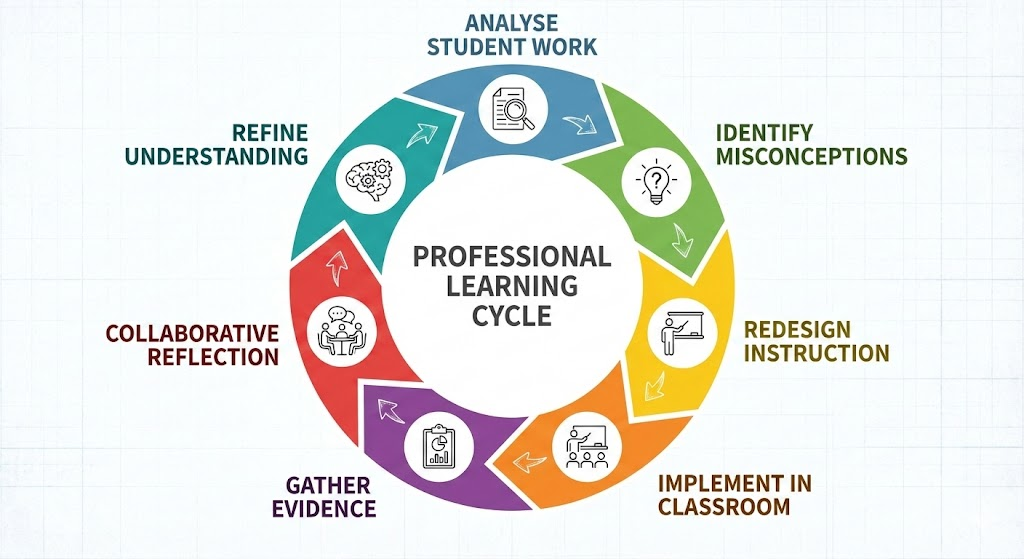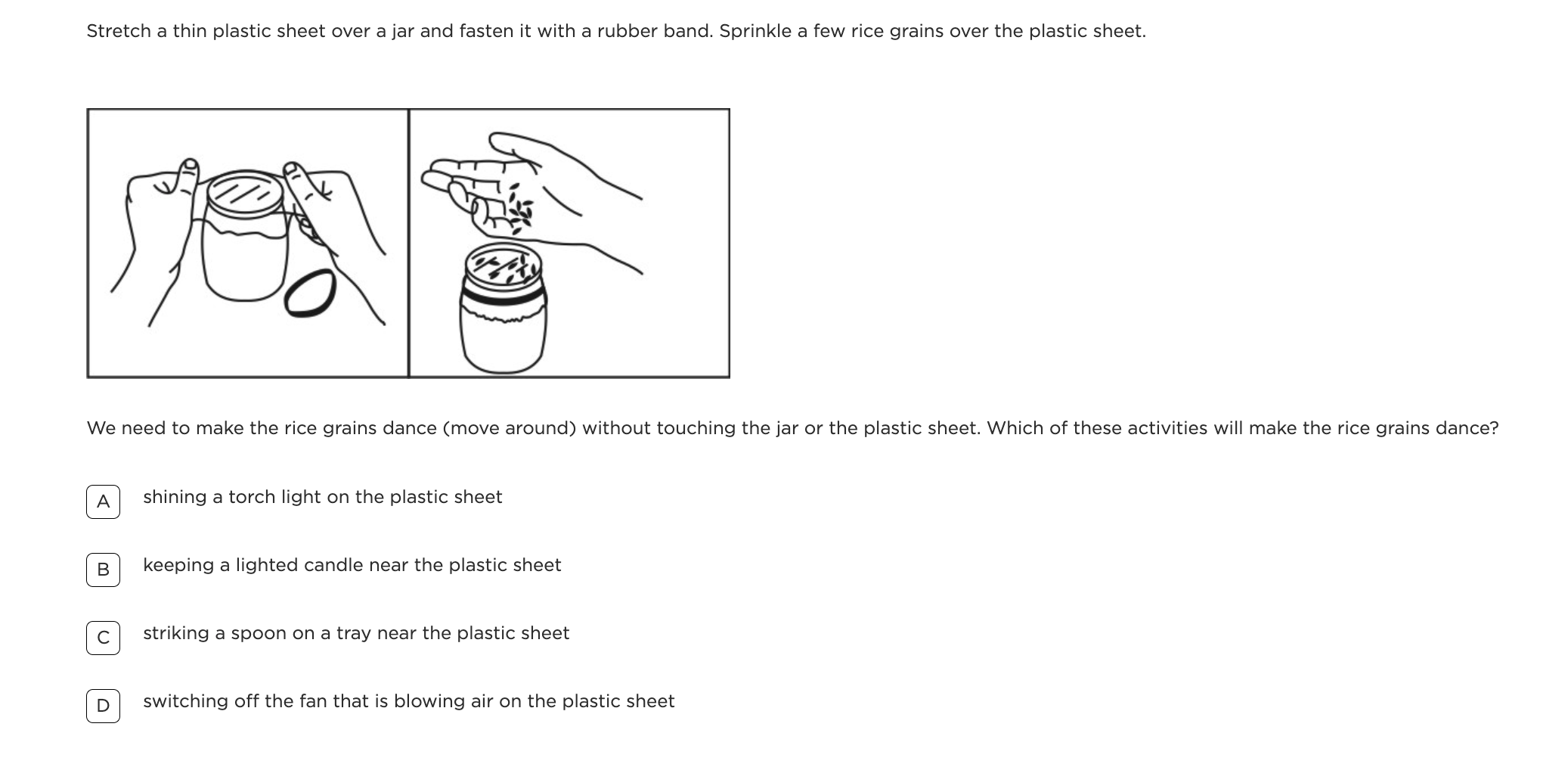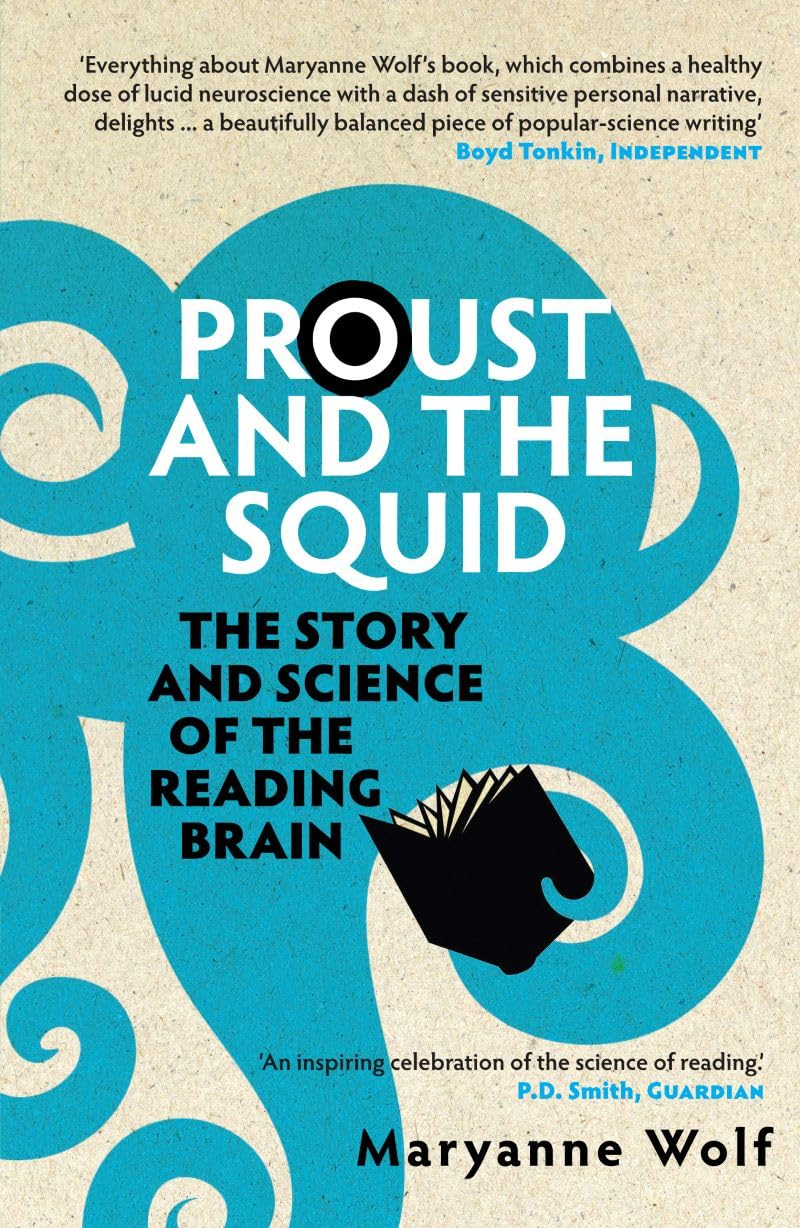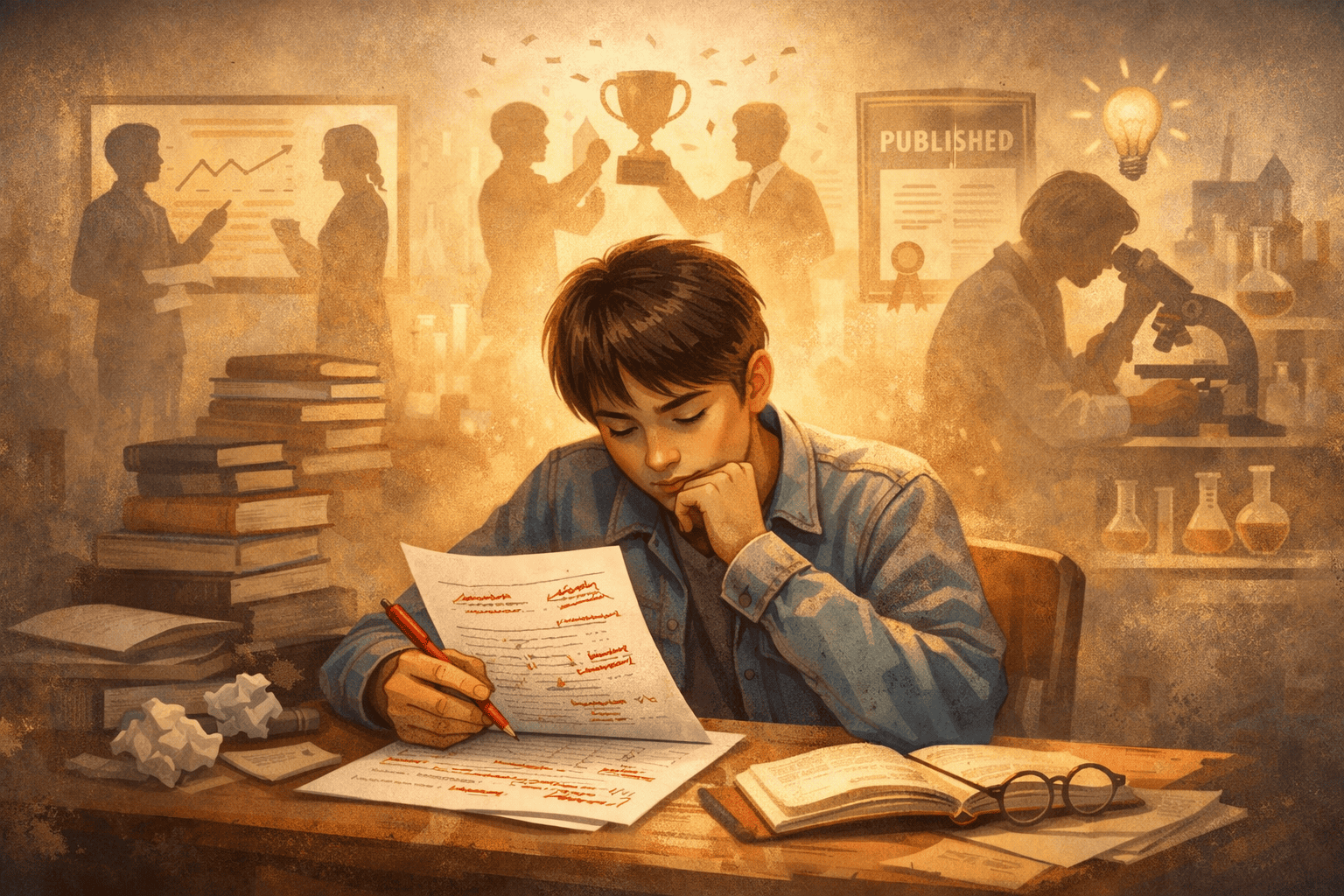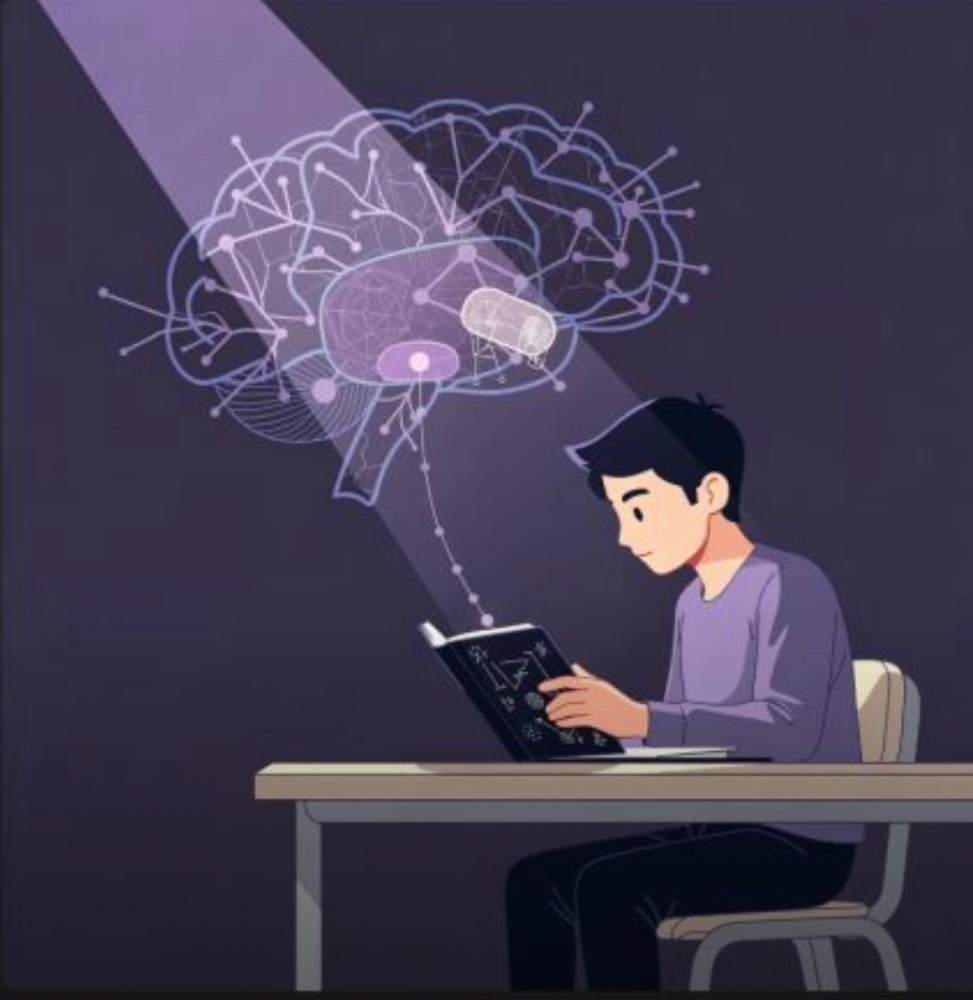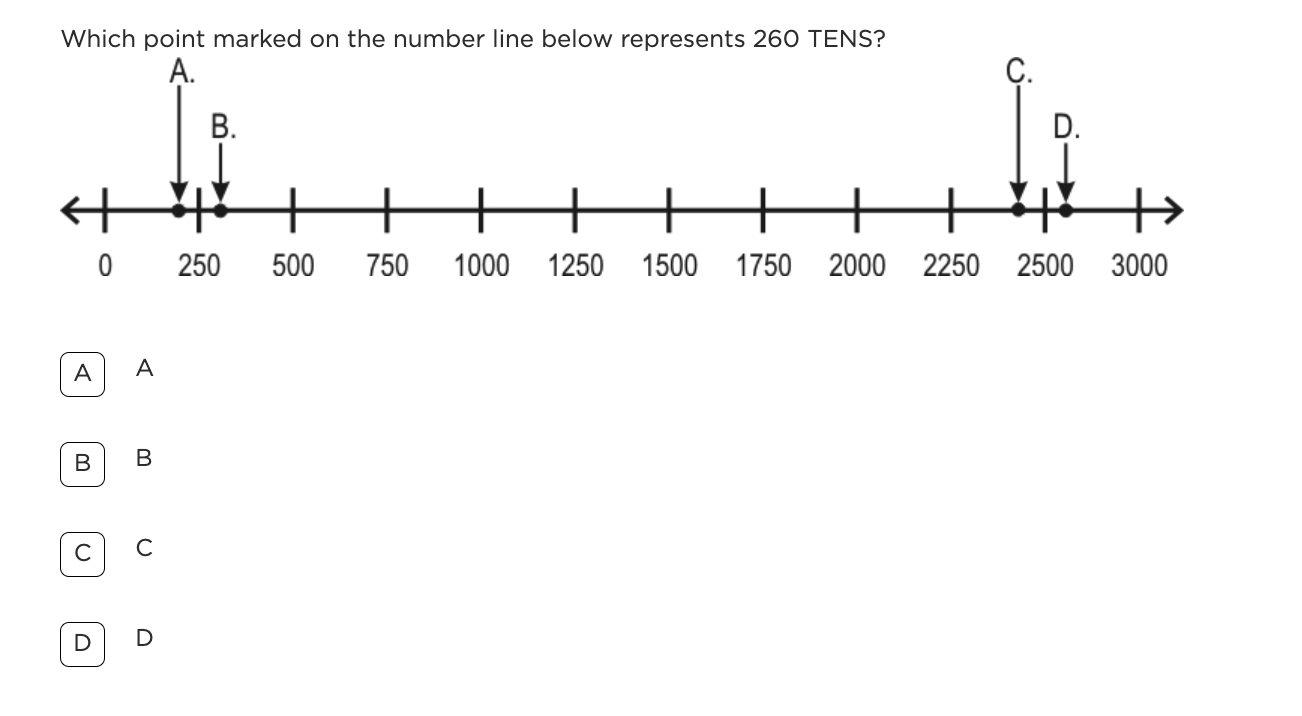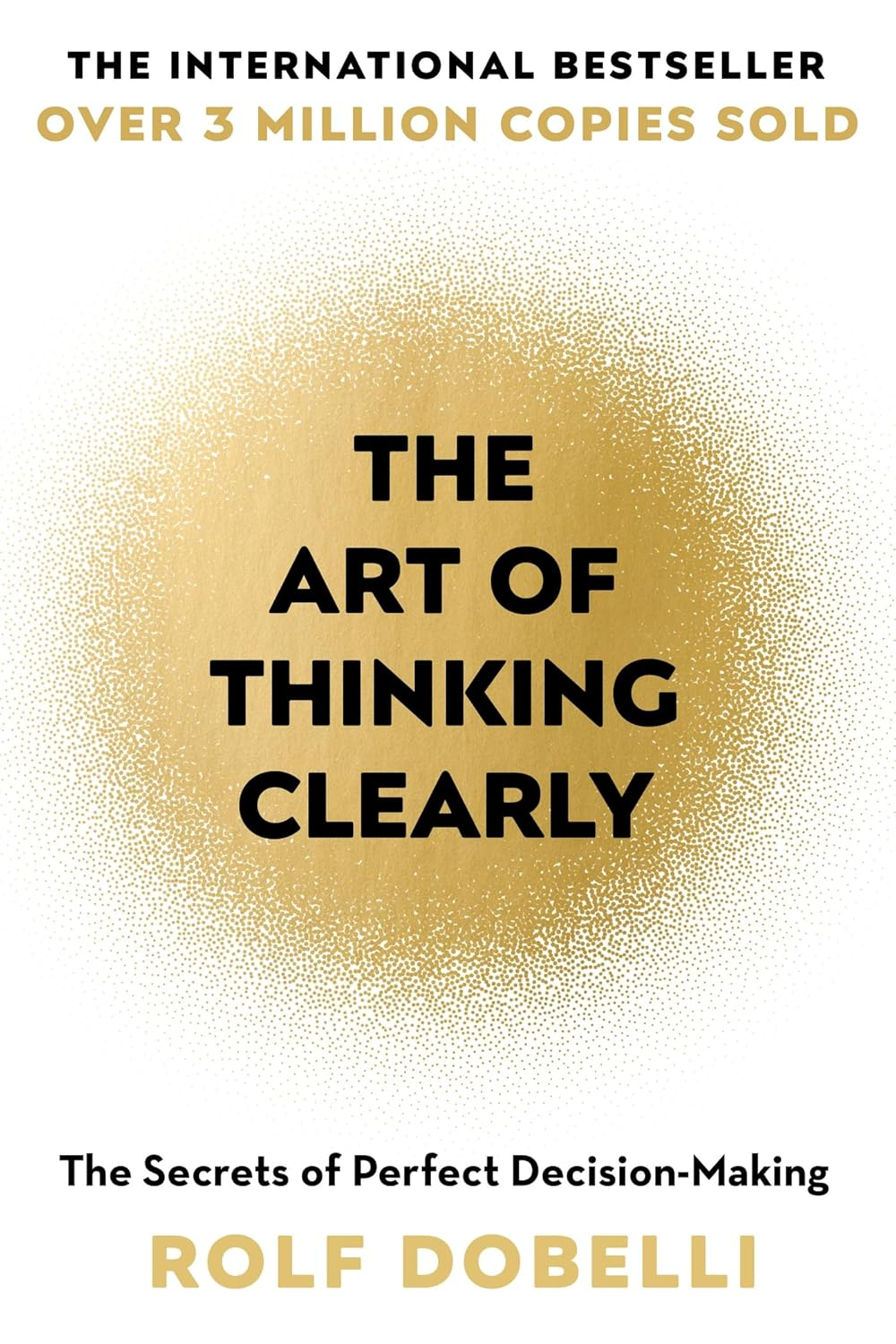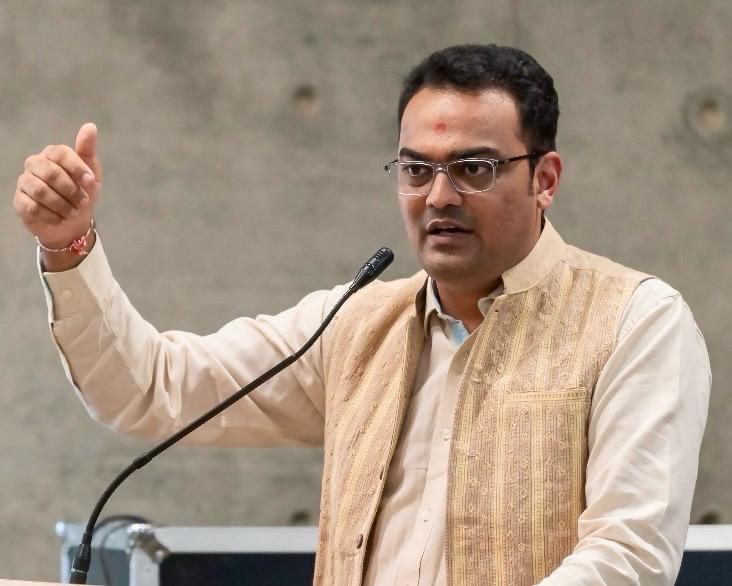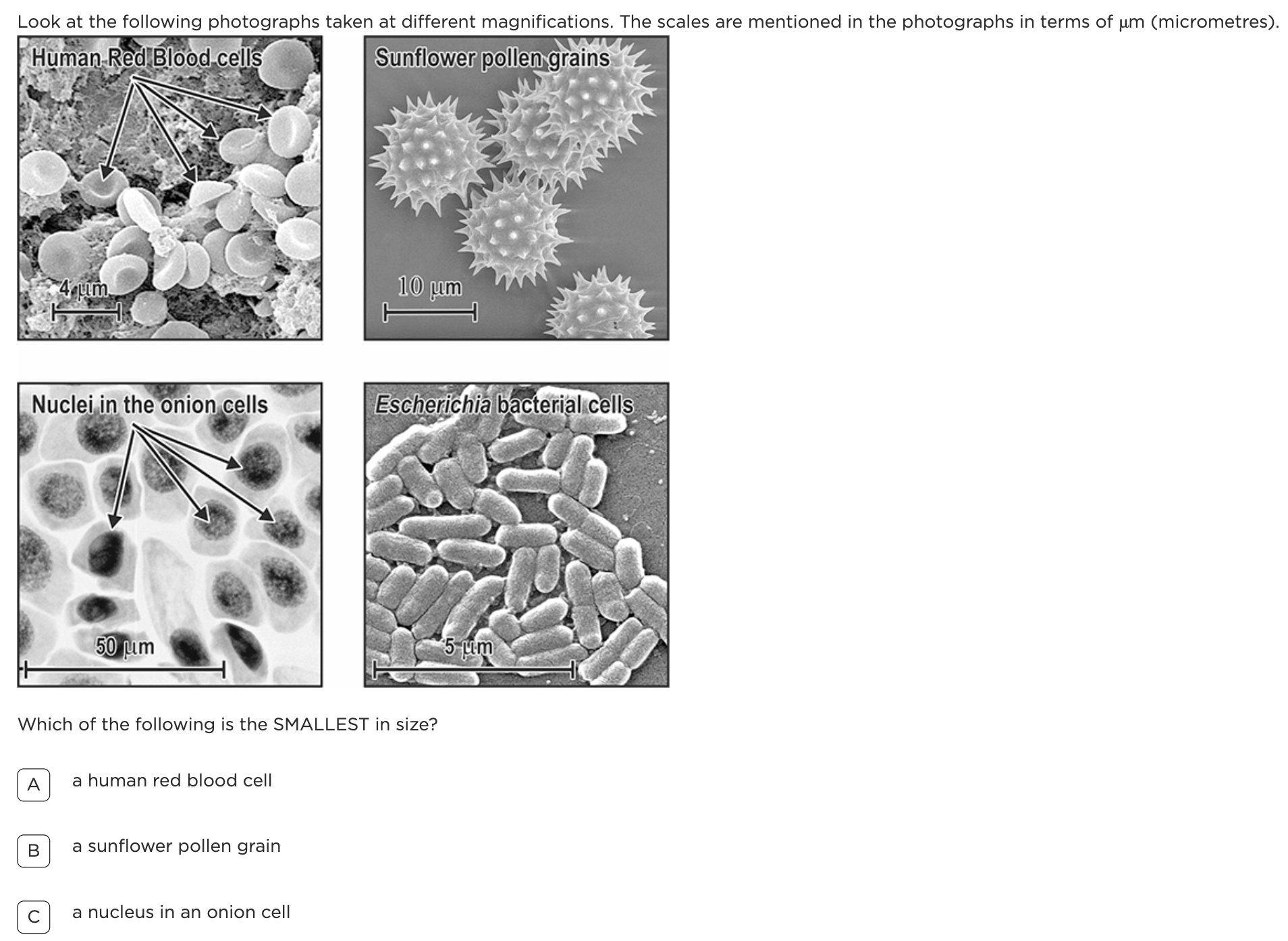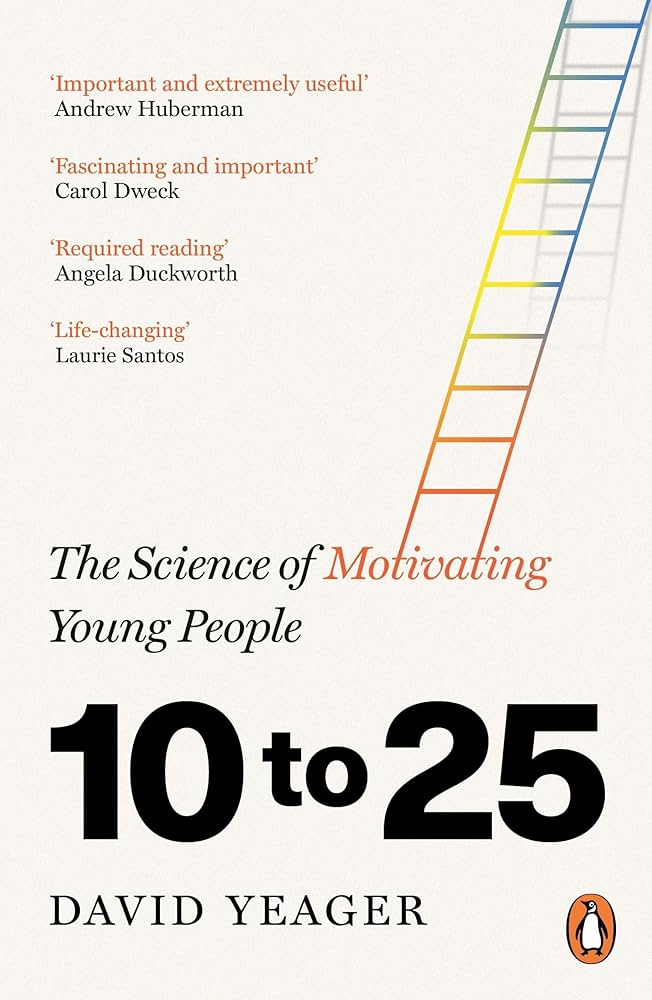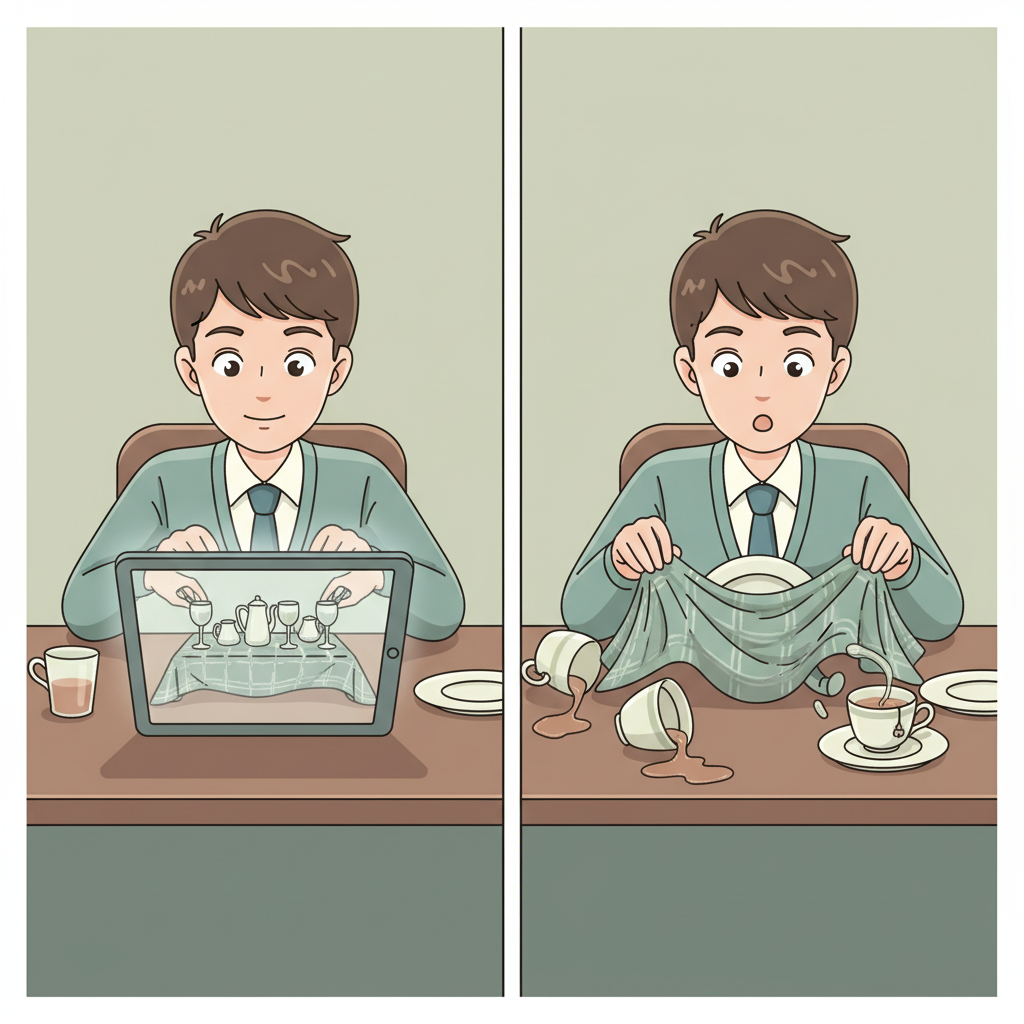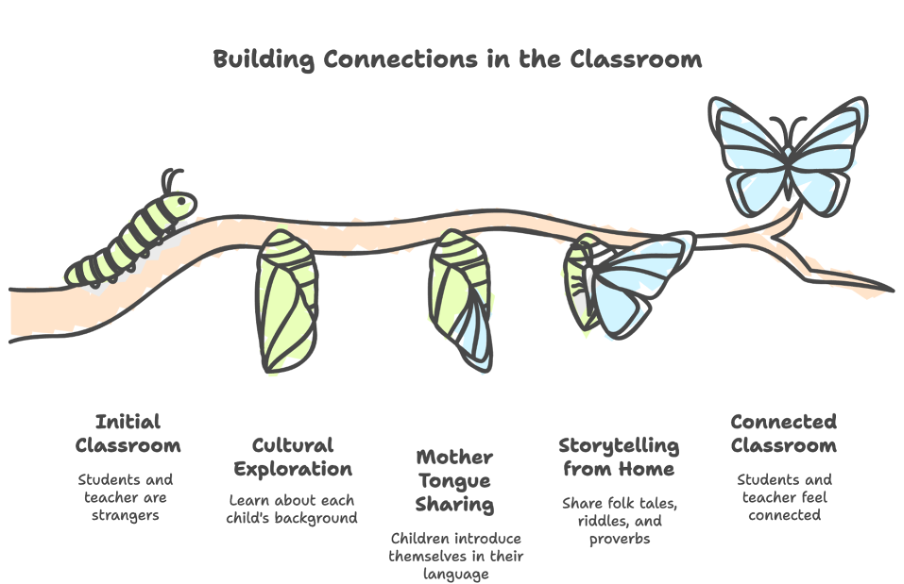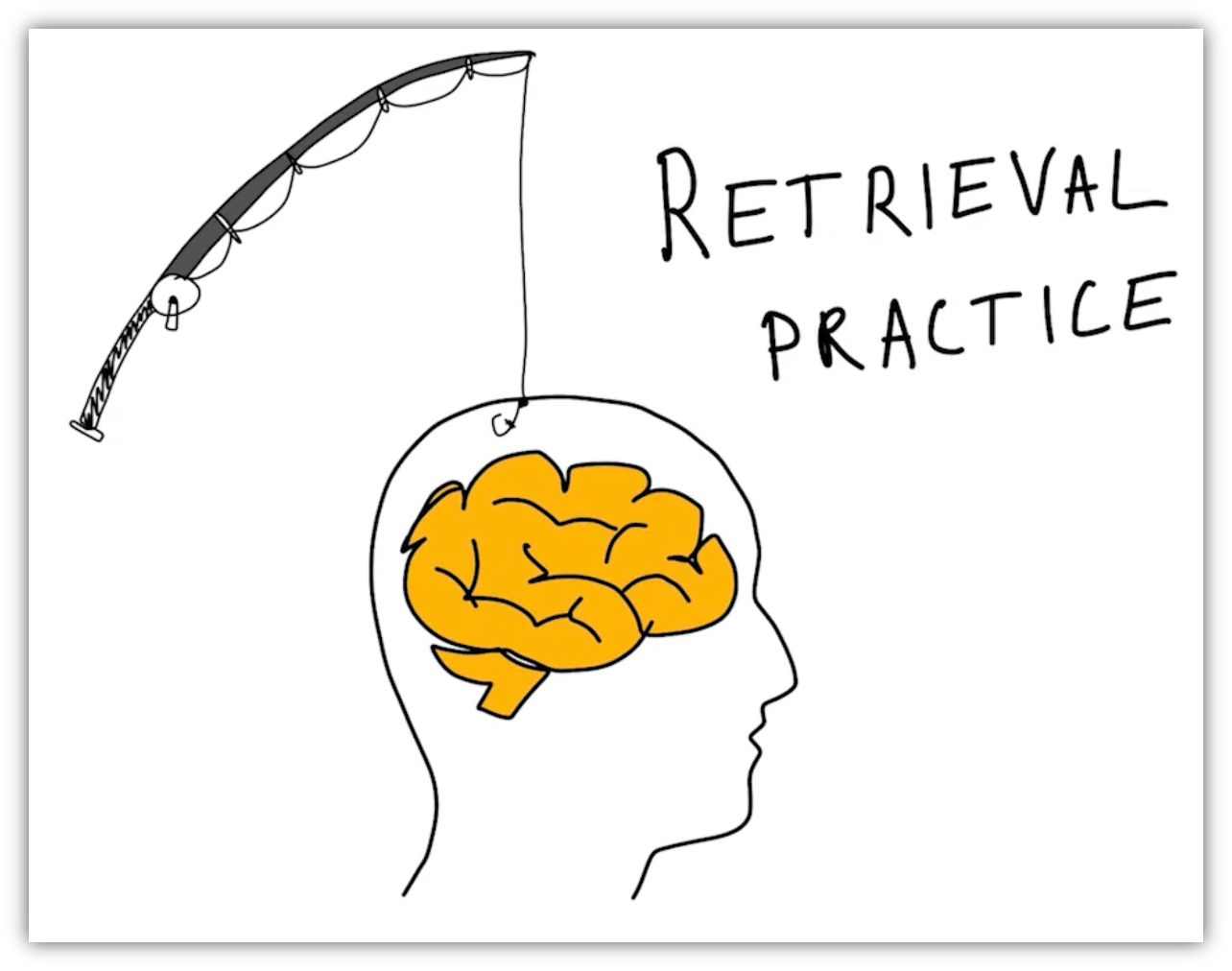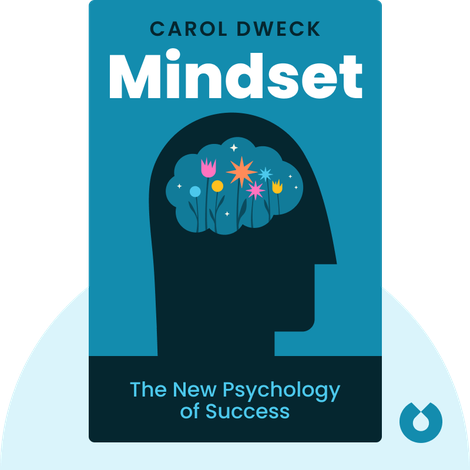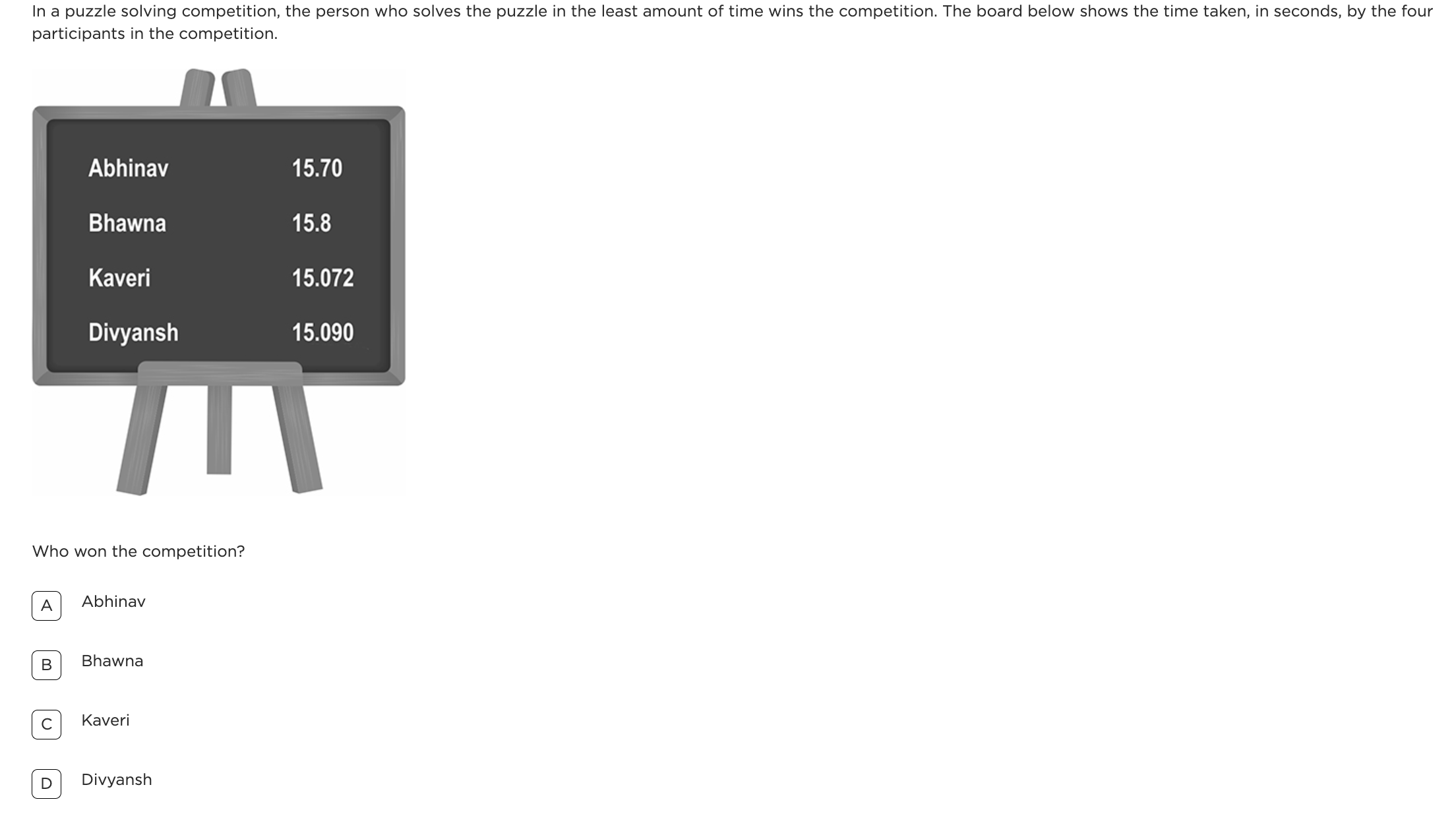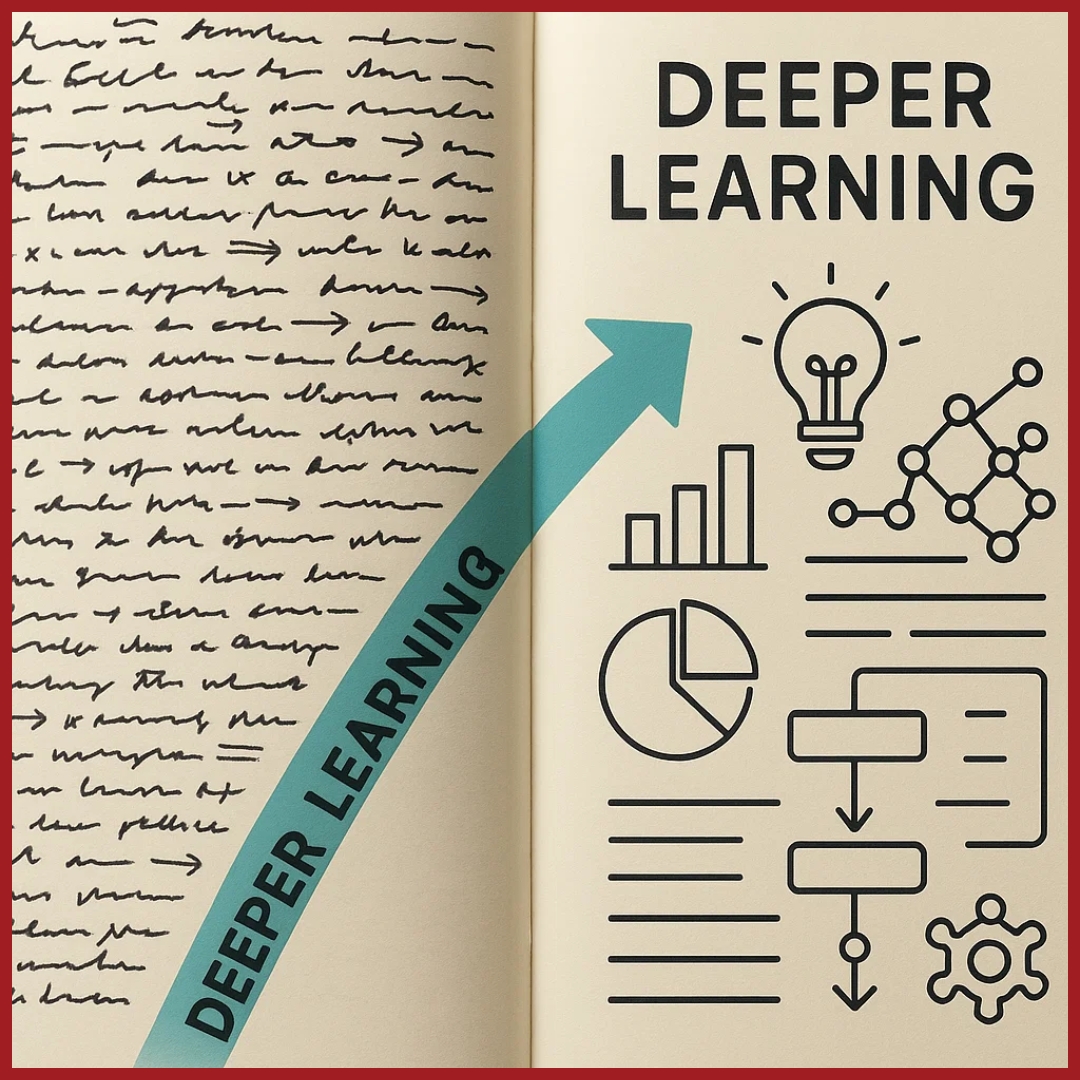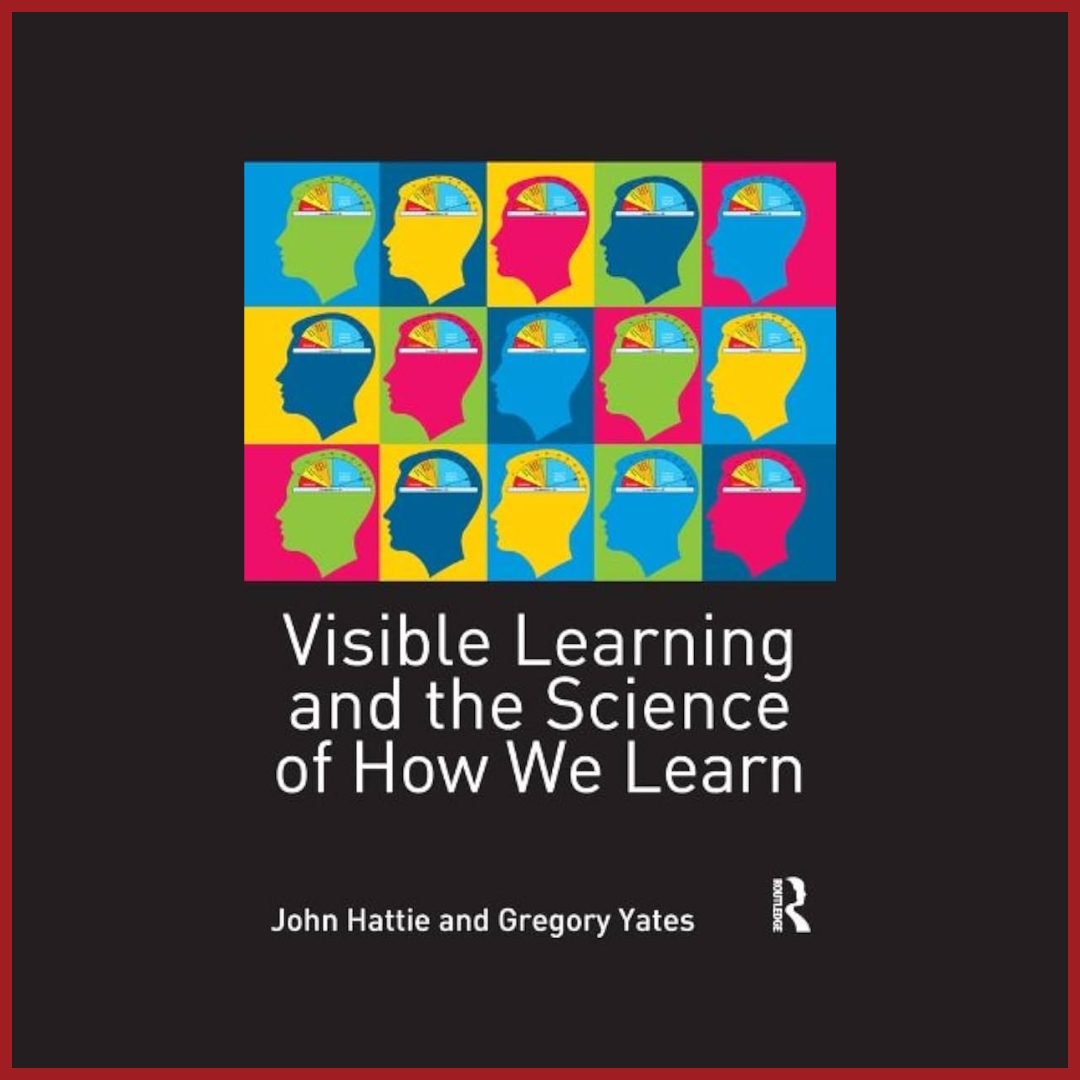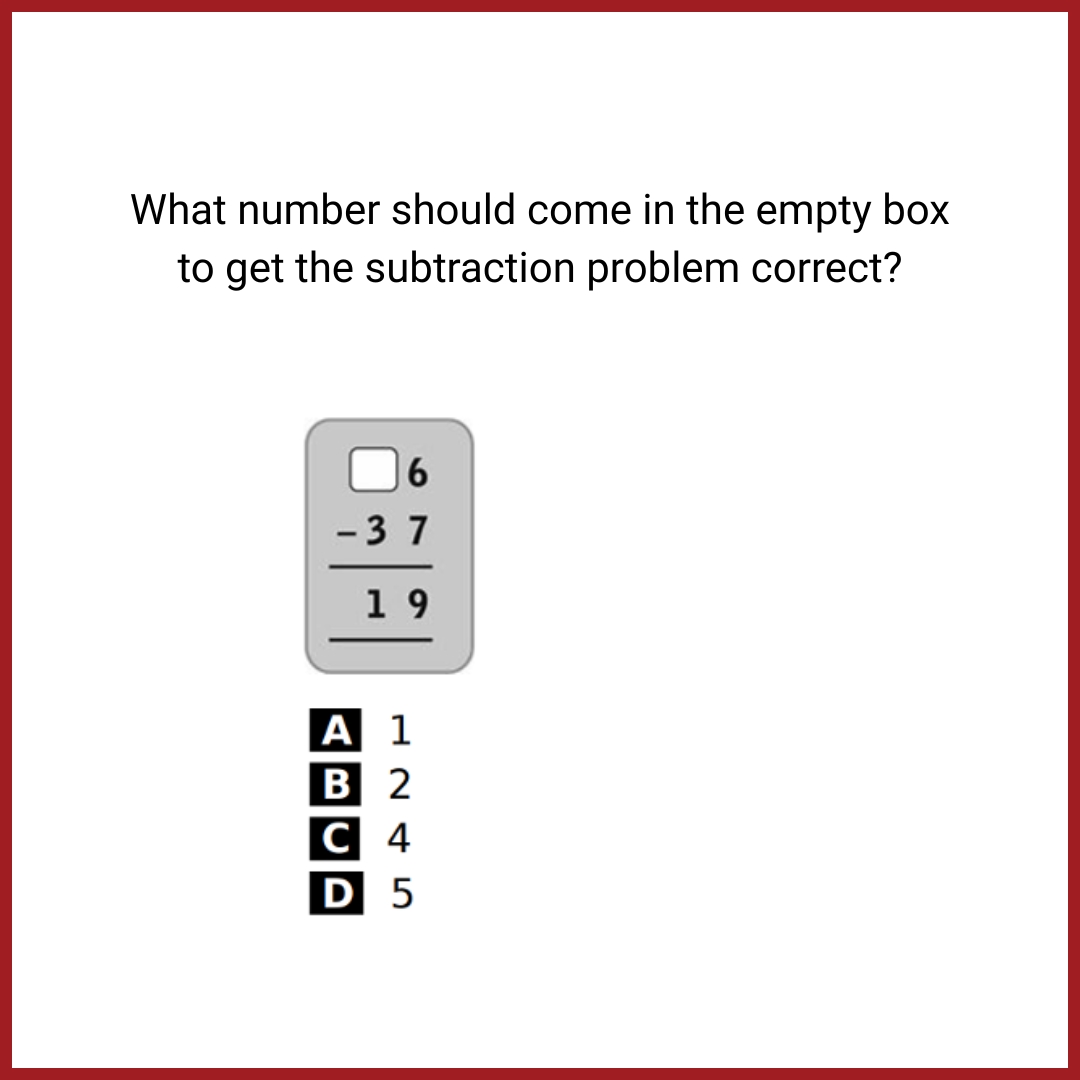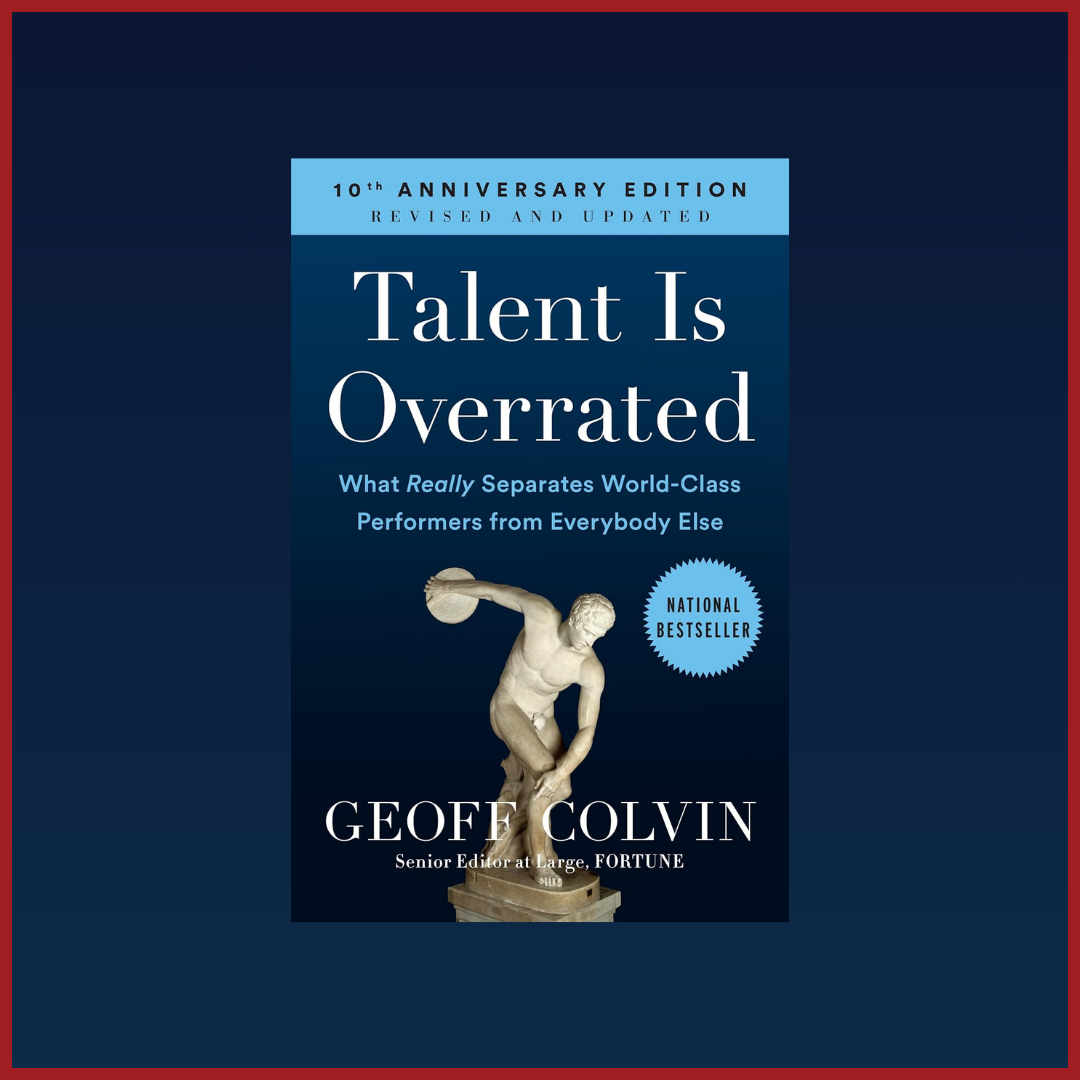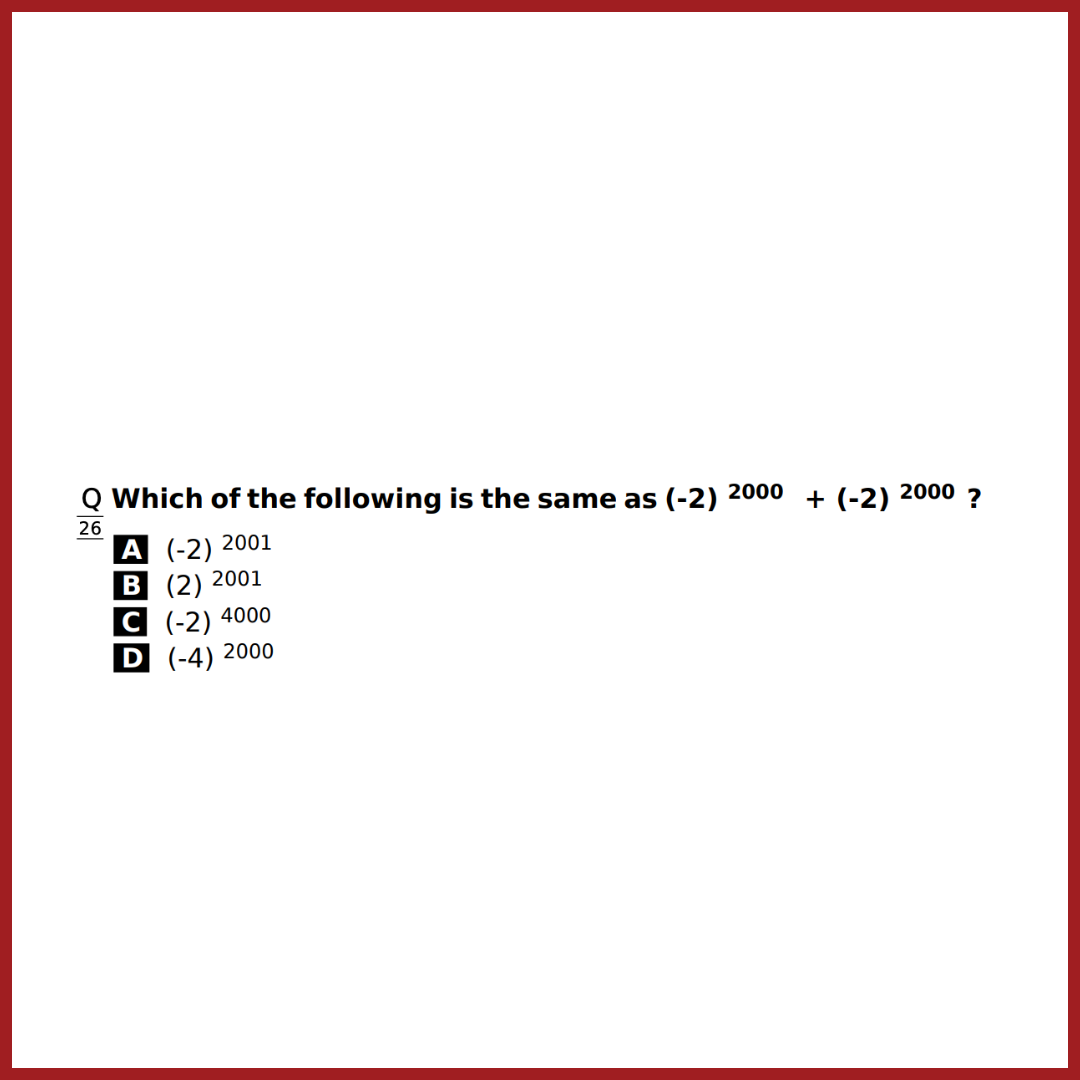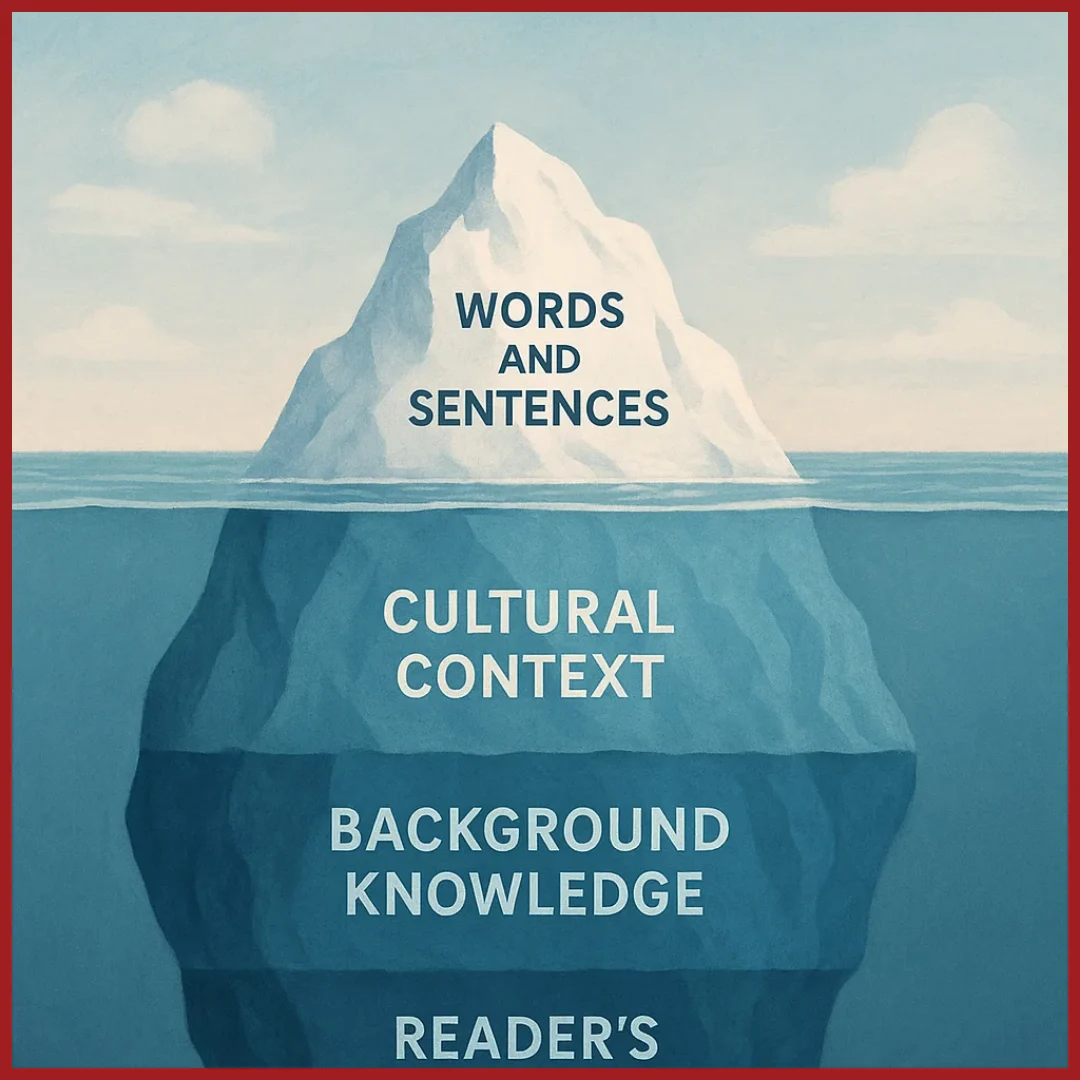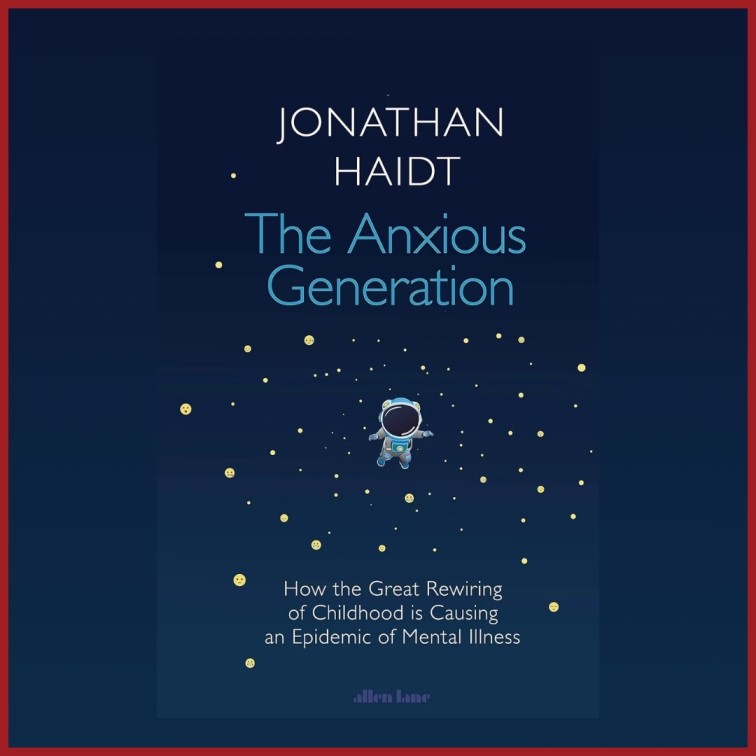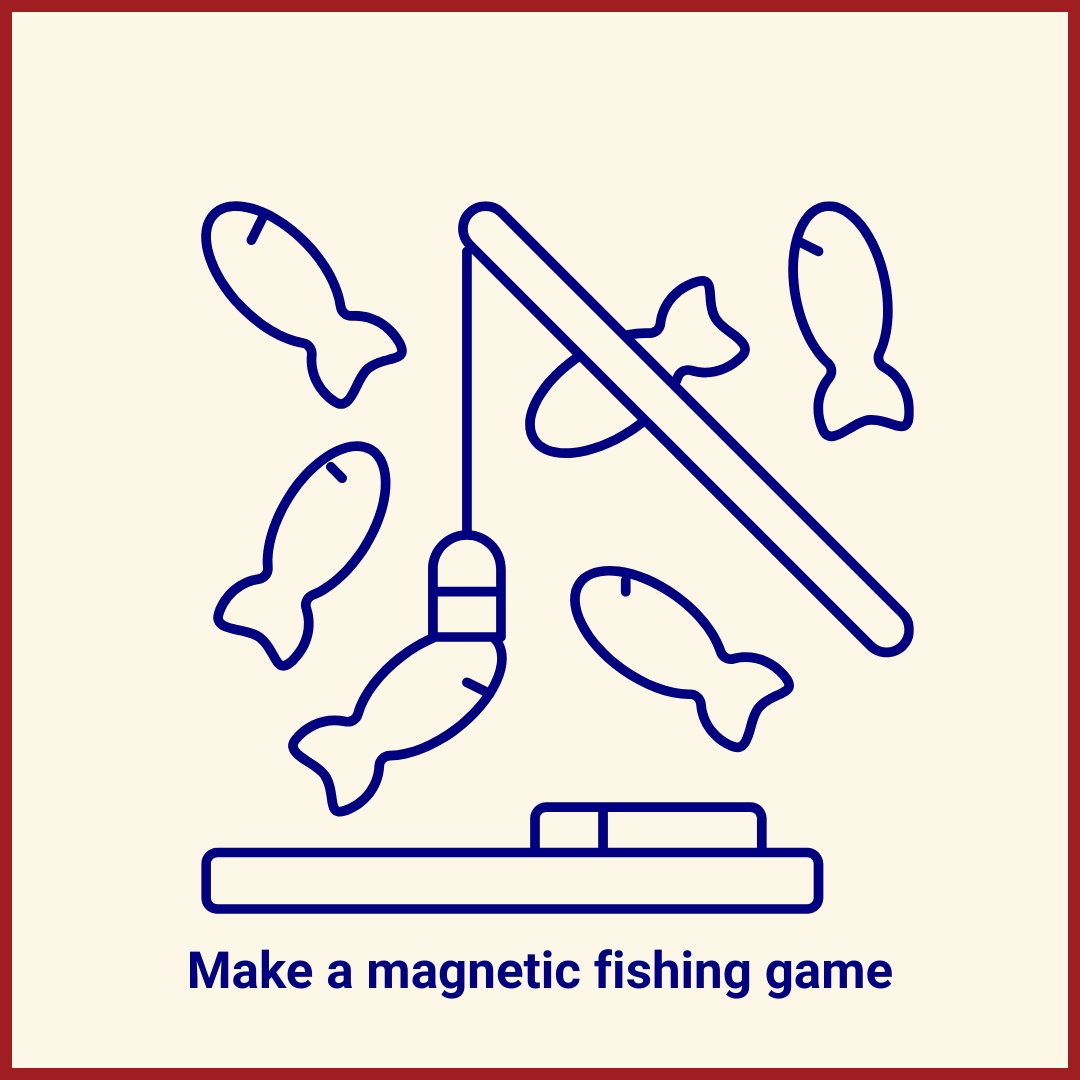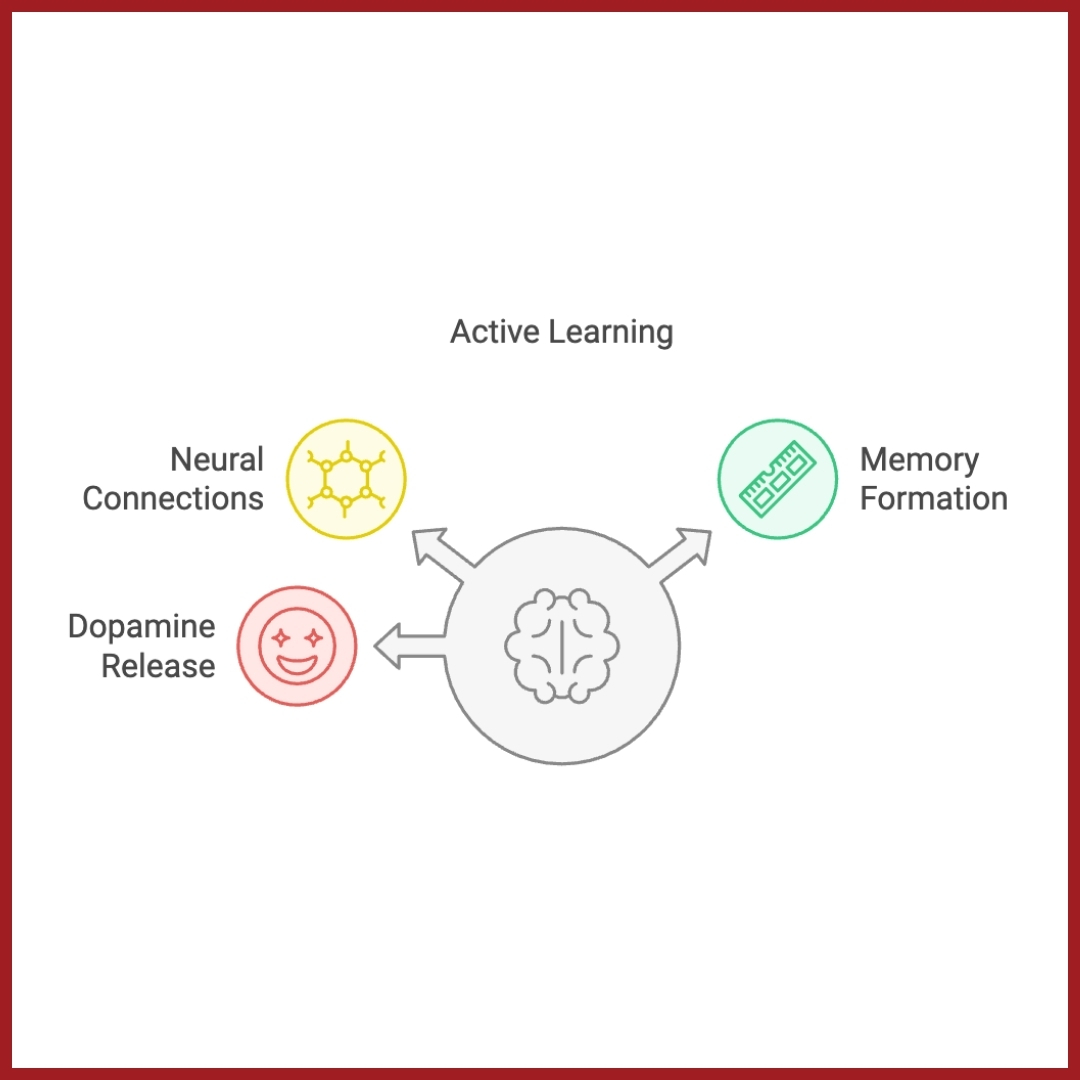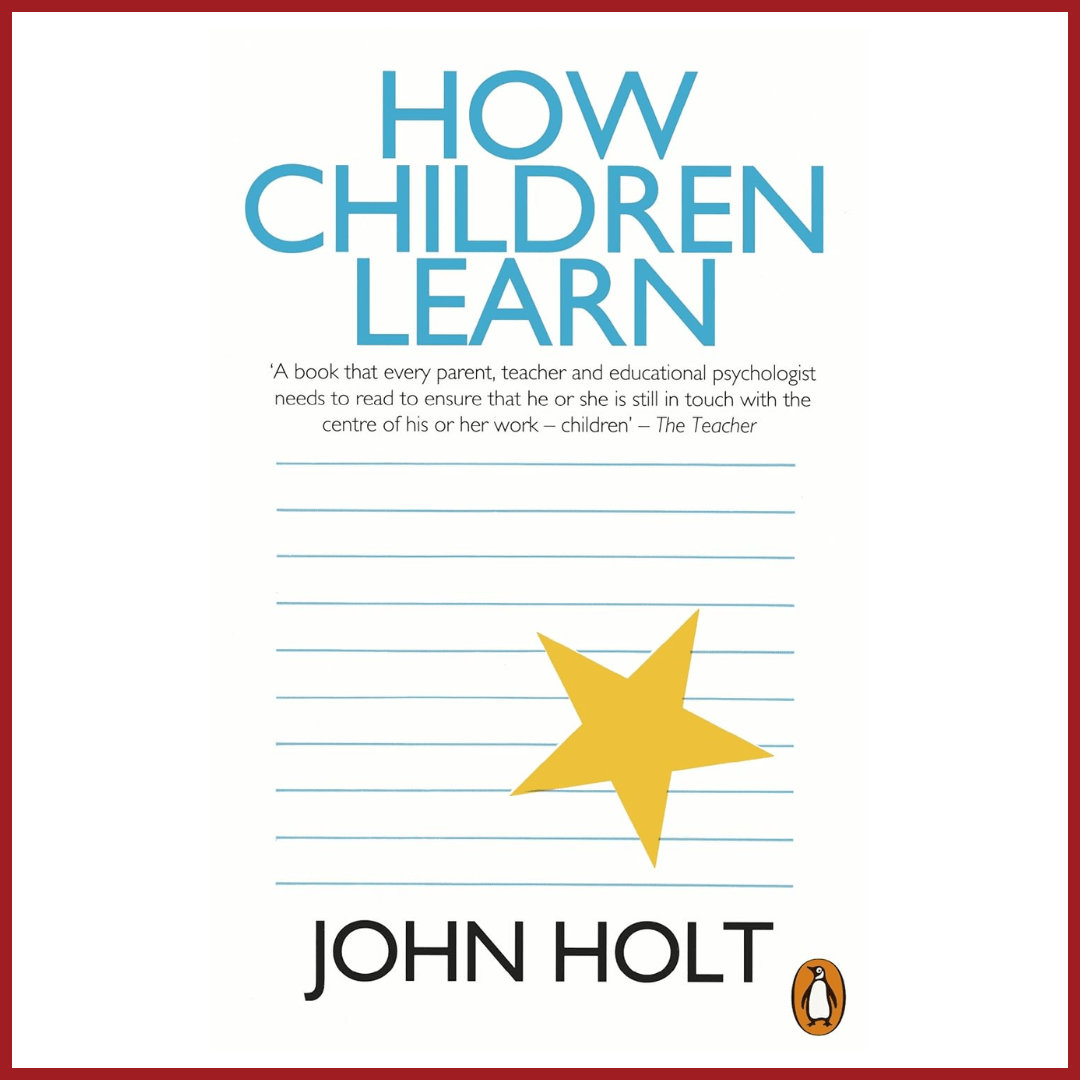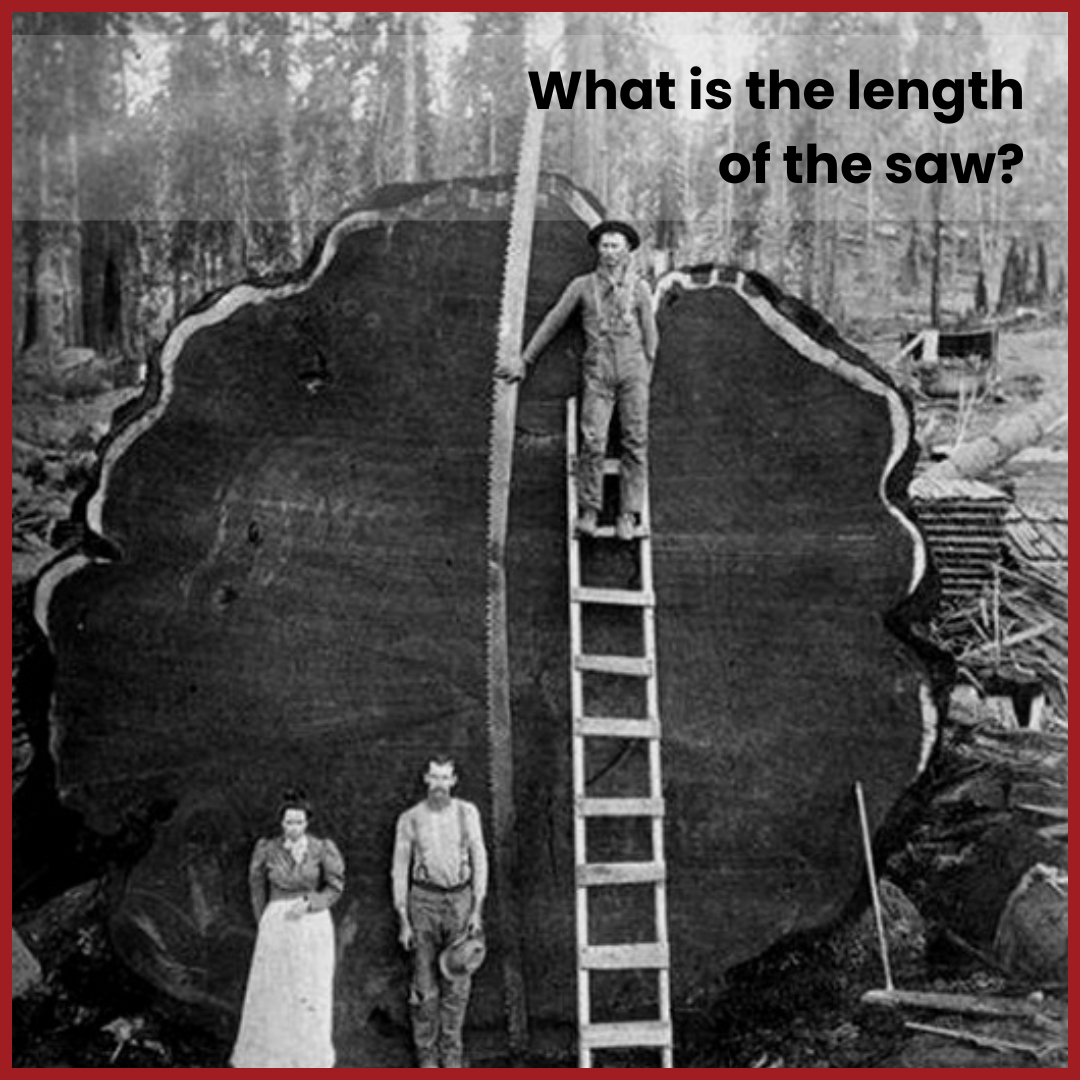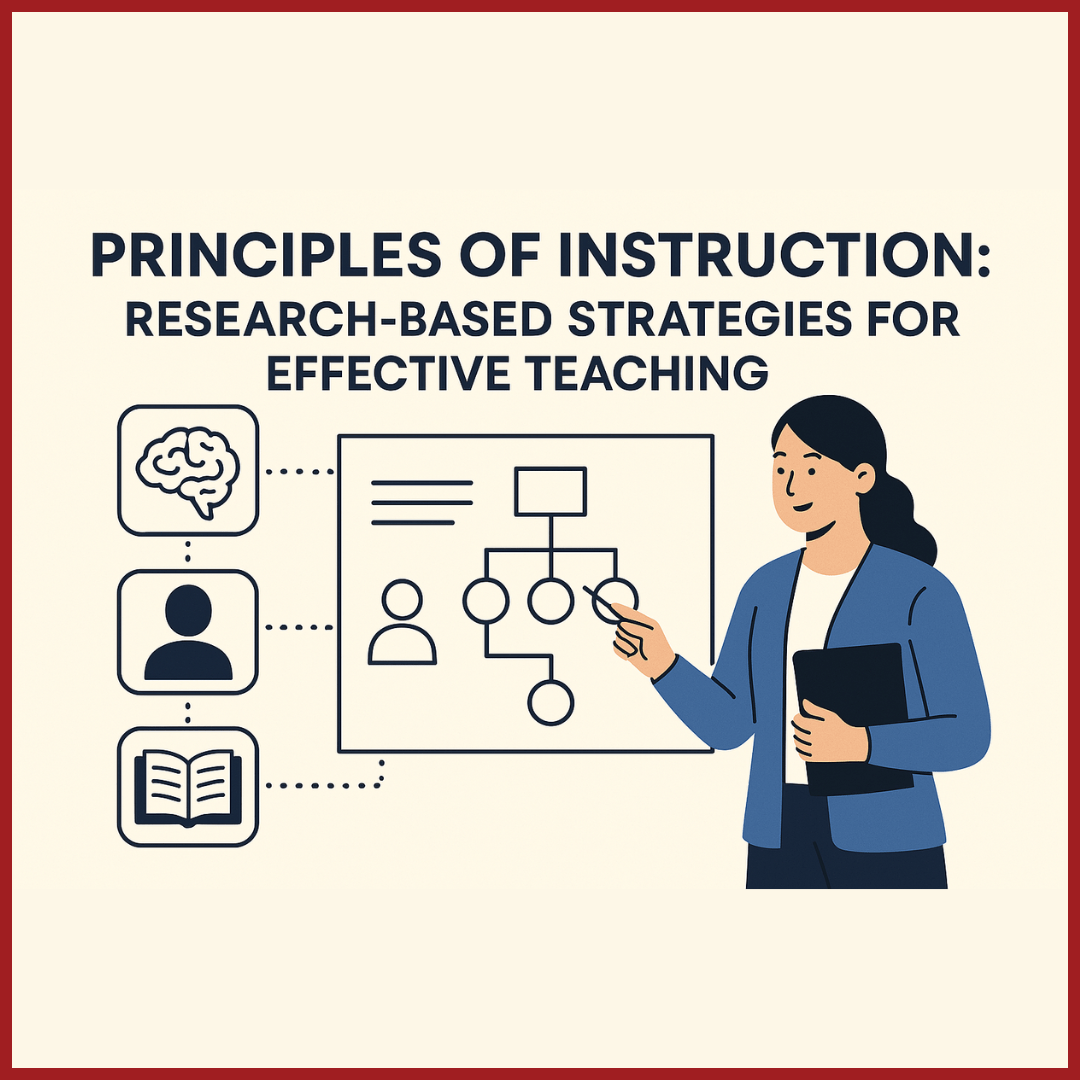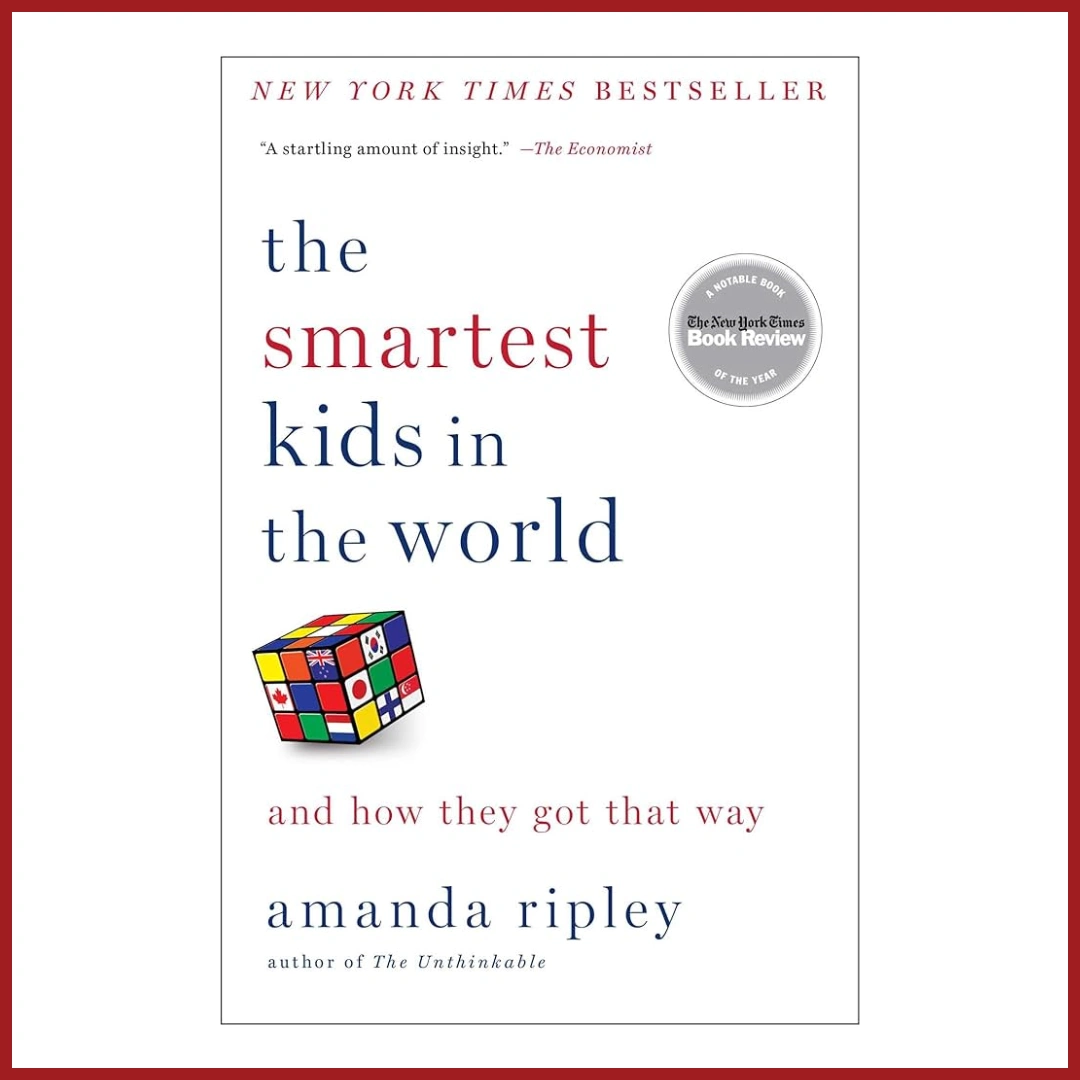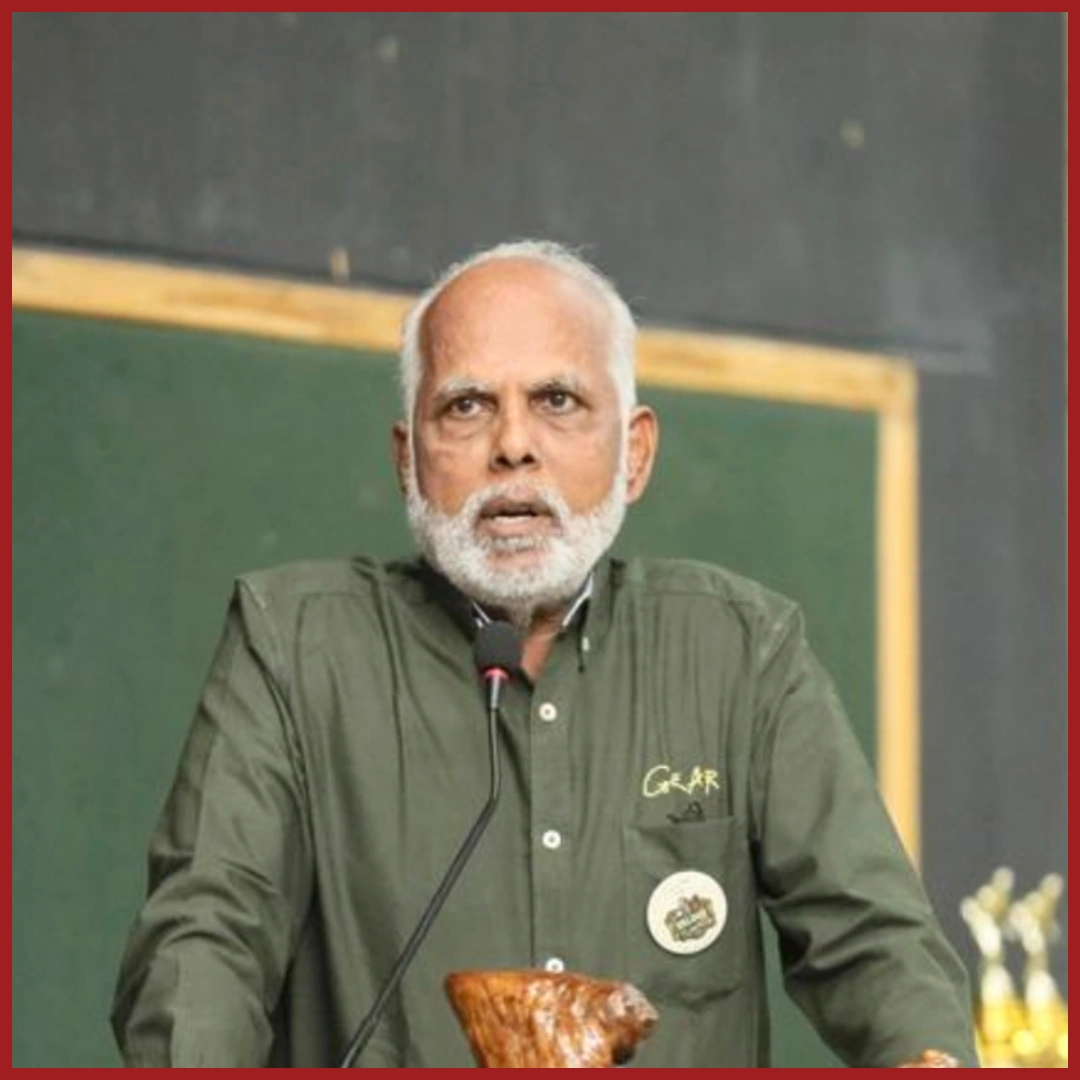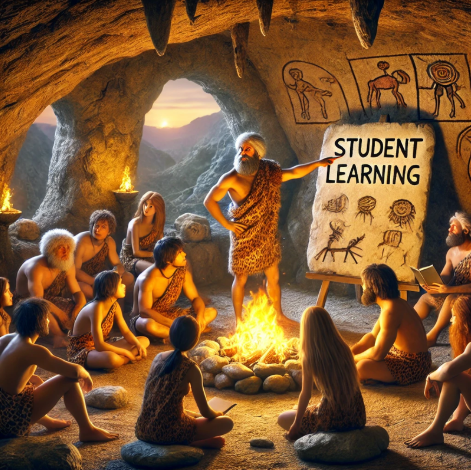Edition 09 | September 2025
Edu- Praxis
The articles in this section let you dive into fascinating educational
research and uncover its practical applications in the classroom.
Even Einstein struggled: Effects of learning about great scientists’ struggles on high school students
Table of Contents:

The Study
Researchers investigated the impact, if any, that hearing about the lives and struggles of
successful scientists had on students’ grades. In their study, they divided the students into three
groups. Each heard different details about Albert Einstein, Marie Curie, and Michael Faraday. Some
were told about the struggles in their career, such as failed experiments, and how they overcame
them with persistence. Others were told about the struggles in their personal life, such as poverty
and lack of parental support. Finally, others were just told about their greatest achievements.
The Main Findings
- Hearing about successful scientists who struggled, either in their personal or professional lives, helped students feel more connected to them. This led to these students going on to achieve better grades than those who had just heard about their greatest achievement.
- This effect was most pronounced in students who were currently struggling academically in their science lessons.
- Students who had only heard about famous scientists who had achieved a lot in their careers saw their grades declining. This was attributed to them feeling less connected to them and believing they would never have as high scientific abilities in comparison.
Related Research
If students attribute their failures to stable and internal factors, such as a perceived lack of intelligence, then this can lead to a self-fulfilling prophecy in which lack of effort leads to failure.
This can be very stressful and demotivating, as they believe that there is little they can do to affect their outcome.
Research has shown that to overcome this learned helplessness, people could try attributing their failures to temporary factors, such as luck or effort. This will lead to higher levels of both optimism and performance.
Research has shown that to overcome this learned helplessness, people could try attributing their failures to temporary factors, such as luck or effort. This will lead to higher levels of both optimism and performance.
Classroom Implications
If students believe that exceptional ability and high intelligence are a prerequisite for success in
science and maths courses, then fewer students will choose to study these subjects, and will feel
threatened by those who are doing well, and leading to them giving up more quickly when
setbacks occur.. In essence,
“when students struggle in science class, they may misperceive their
struggles as an indication that they are not good at science and will never succeed in it”.
Helping students reframe their perception of what it takes to succeed using stories has been found to be a very effective medium. The authors state that this is because “stories are memorable because people become emotionally involved in the lives of the characters, see the world as they do, or imagine situations that may be similar to theirs”.
Many scientific textbooks contain details about some of the greatest scientific findings, such as Einstein’s general theory of relativity, Marie Curie’s use of radium to treat cancer, and Michael Faraday’s work on electromagnetism. This study suggests that only hearing about these may demotivate some struggling students who feel inferior in comparison. If students are also told the story behind these achievements, especially the resilience and persistence needed, it will capture their attention and boost their performance.
Helping students reframe their perception of what it takes to succeed using stories has been found to be a very effective medium. The authors state that this is because “stories are memorable because people become emotionally involved in the lives of the characters, see the world as they do, or imagine situations that may be similar to theirs”.
Many scientific textbooks contain details about some of the greatest scientific findings, such as Einstein’s general theory of relativity, Marie Curie’s use of radium to treat cancer, and Michael Faraday’s work on electromagnetism. This study suggests that only hearing about these may demotivate some struggling students who feel inferior in comparison. If students are also told the story behind these achievements, especially the resilience and persistence needed, it will capture their attention and boost their performance.
Reference
Lin-Siegler, X., Ahn, J. N., Chen, J., Fang, F. F. A., & Luna-Lucero, M. (2016). Even Einstein `struggled: Effects of learning about great scientists’ struggles on high school students’ motivation to learn science. Journal of Educational Psychology, 108(3), 314–328.
Enjoyed the read? Spread the word
Interested in being featured in our newsletter?
Write to us here.

